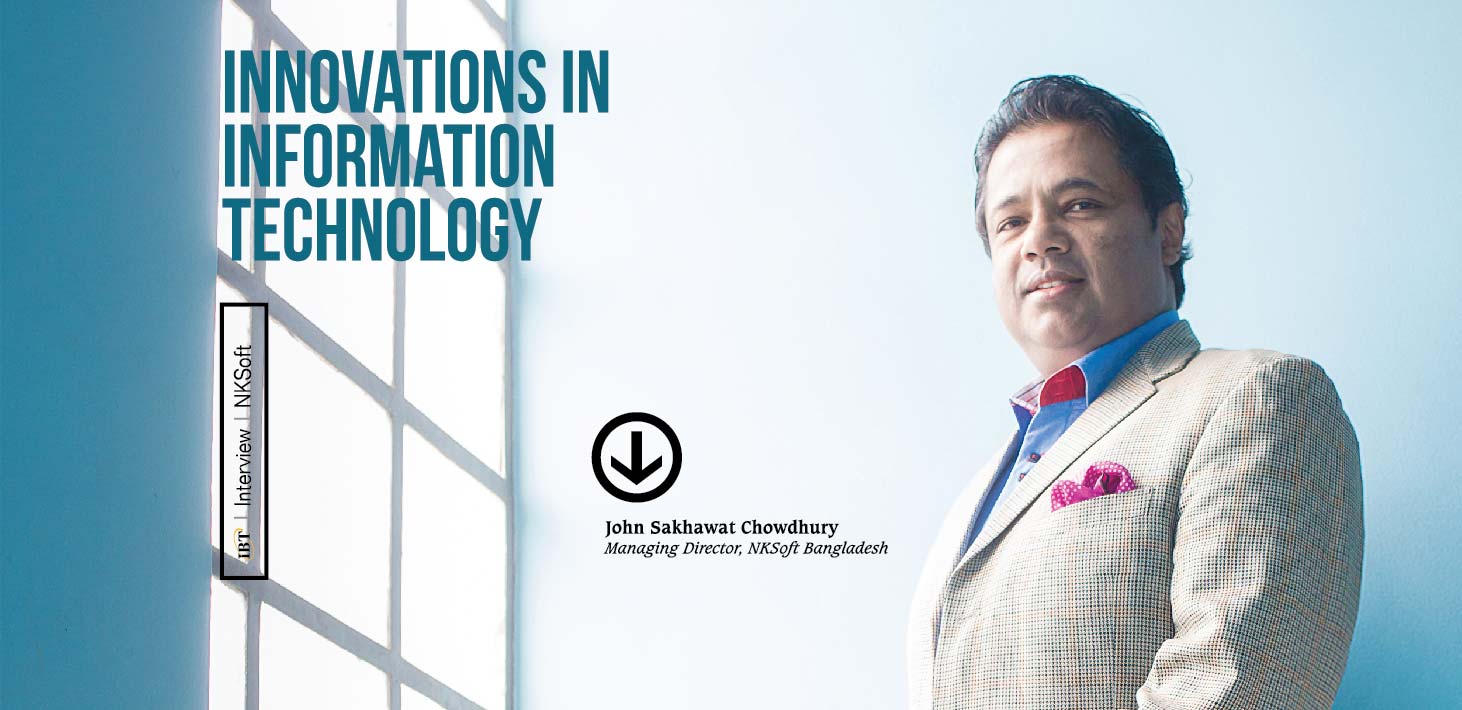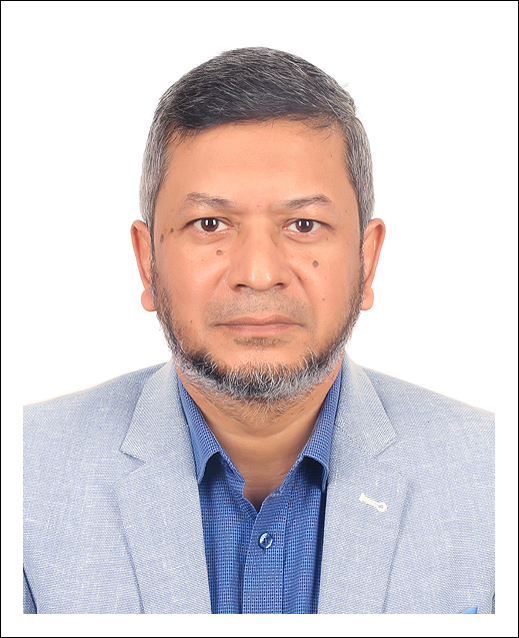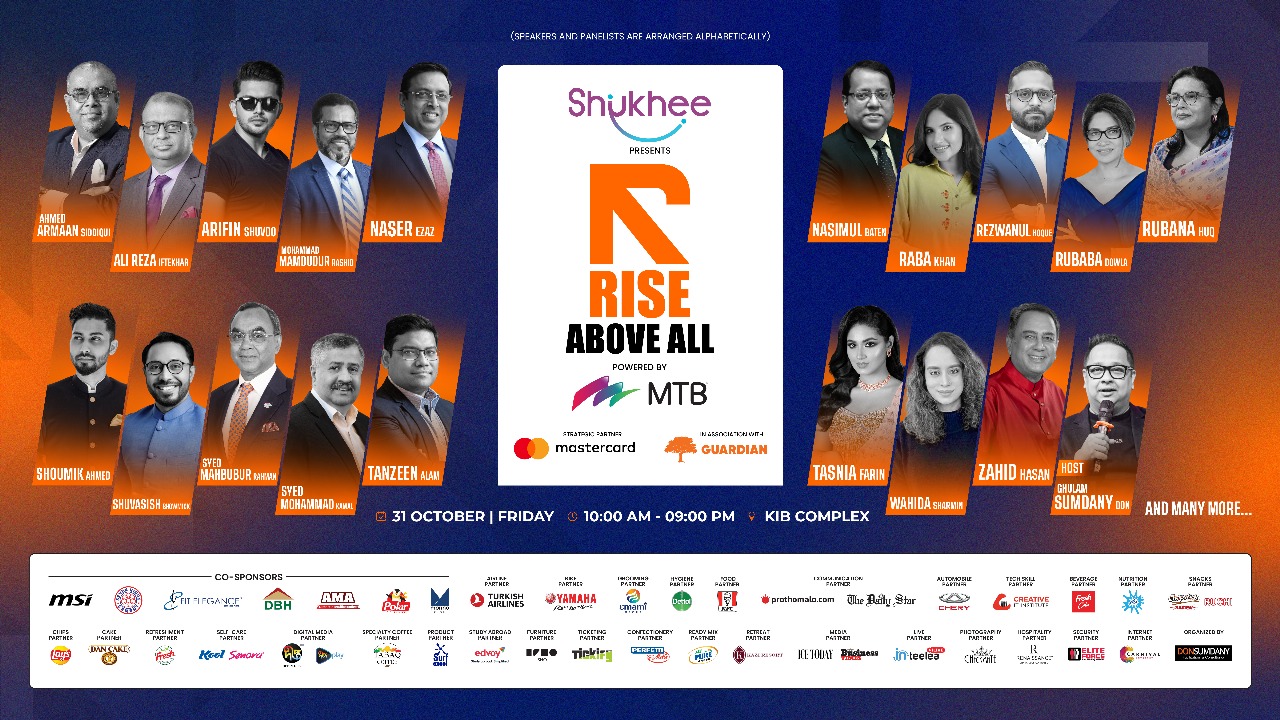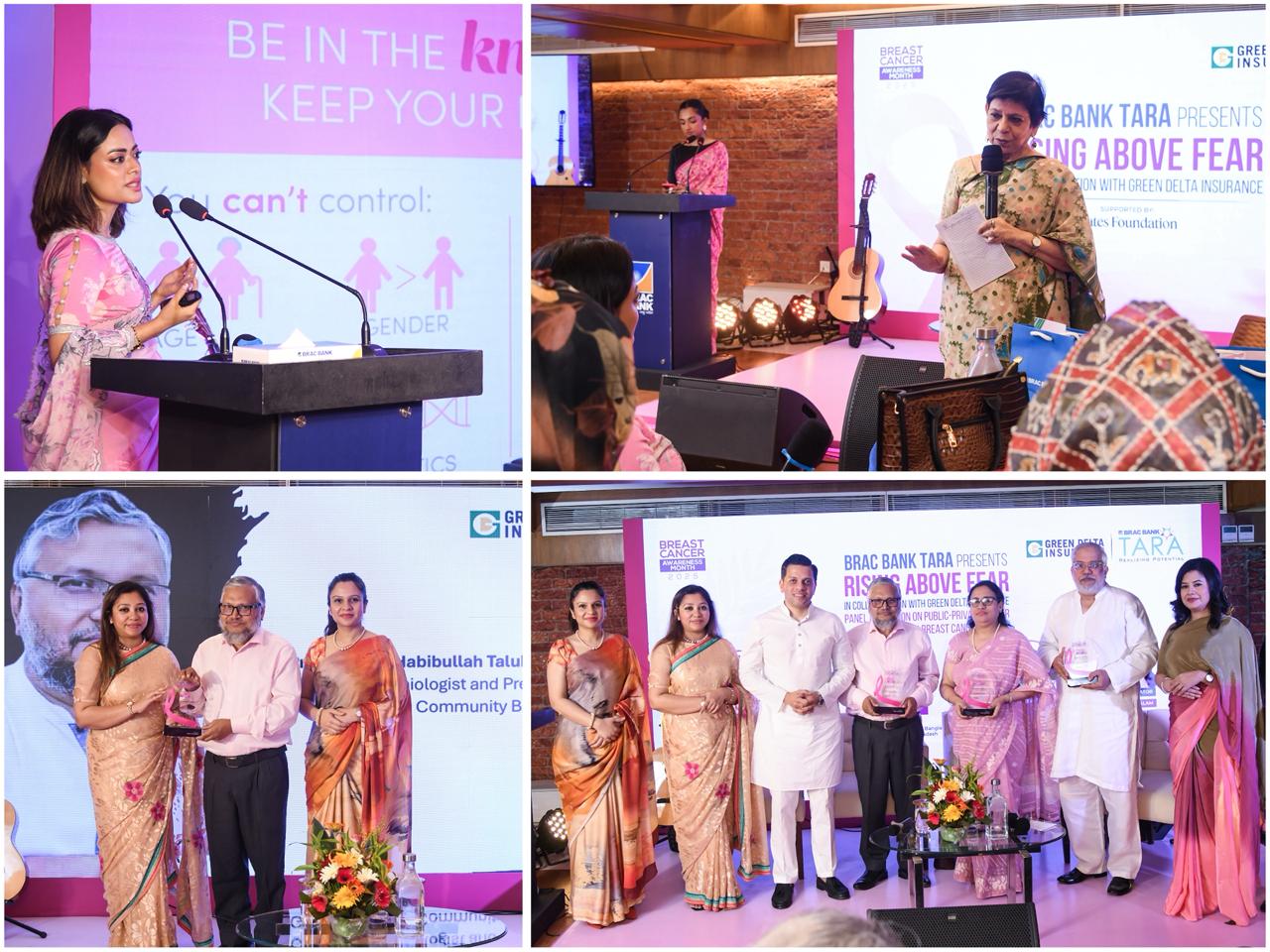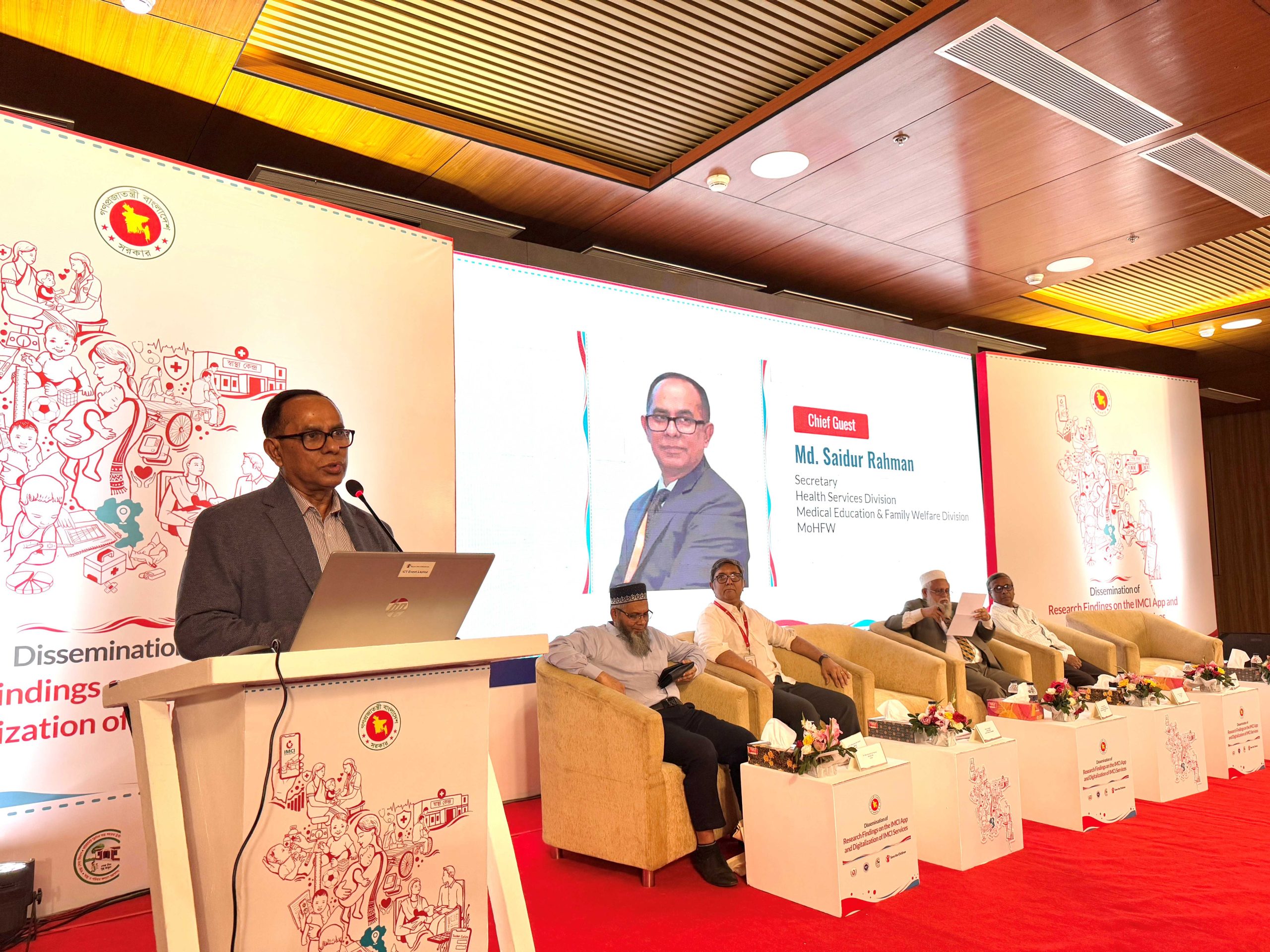I want to be able to hire consultants as opposed to programmers because consultants understand why they are coding something.

Managing Director, NKSoft Bangladesh
John Sakhawat Chowdhury is the Managing Director of NKSoft Bangladesh, the Director of the Utility Division at Fujitsu Network Communications and a member of the Board of Directors of numerous prestigious IT and Electronic associations. He has served as the Vice President of KEMA Quality and the Director of Smart Grid at KEMA Consulting, where he developed Smart Grid solutions for utilities in the USA, Australia, India and South America. John has received a Presidential Award by IBM in 2006 and is considered one of the top twenty smart grid experts according to Dallas Business Journal, dedicating a 25-year consulting career to improving electric utility business performances. Recently, he sat down with IBT to discuss what NKSoft were bringing to the IT table in Bangladesh.
NKSoft was established in Bangladesh in 2013, whereas in America it was founded in 1997. How have you used this experience to help bridge the gap between the local and international IT Sectors?
The first aspect is developing resources. In America, we have a structured process and methodology we use when we hire a graduate. We had to train the respected authorities how to use this methodology before they start coding. The training system includes development methodology, communication skills, mannerism and how they develop code and test it. This was a challenge in Bangladesh because of the lack of available skilled labor.On average I was able to hire 15 to 20 employees of the 65 that applied! We would like to conduct a training program that is similar to a boot camp. A qualified graduate would simulate the working experience that would test them. It would be like a boot camp because it is a 3-month rigorous process that would guarantee them a job placement.
What are the main bottlenecks, which need to be overcome?
I believe that one of the major problems is the loss of potential from our country. We witness top-tier students of prestigious universities such as BUET and Dhaka Universities who receive scholarships abroad, are flourishing in overseas working fields. We must work to create that environment here. Furthermore we need adequate practical training;employees need to understand why they are doing the task at hand.I want to be able to hire consultants as opposed to programmers because consultants understand why they are coding something. They understand the business whether it may be a power grid issue or a data analytics issue.
Why do you think these bottlenecks are in existence?
I compare this to a contractor making a building. They will ask you the specification and conduct various tests before they create a building. Their goal is to create a structure that will satisfy the clients need and be able to withstand natural disasters. They must first come up with a blueprint and architectural plan. Similarly, we must analyze and understand a program before we introduce it to the market. Technology is a driving force and it needs to be understood. The IT sector is similar to the garment sector in the early 90s; it has potential but needs to be properly molded to international standards.
Being an expert in the energy sector, what are your thoughts on the energy crisis in Bangladesh? What can be done to overcome it?
The overall distribution of the power grid needs to be changed because with the standing one, there is a copious amount of technical loss. We need to incorporate smart grid technologies like they do in other countries.With technologies like smart meters we can improve efficiency. The medium and low voltage sectors contain censors that can apply these technologies; numerically, we are looking at an 11% technical loss, which can be reduced by 4 to 5%. A difference that becomes profitable within the year if one were to observe total consumption. Currently there are smart meter pilots being proposed and we are planning to put this into practice within the next 5 years.
How do you incorporate your motto, “Innovation, Integrity and Intensity” into your work?
The system of the power grid has not changed; it has just been improved upon. If you look at what Apple has done for the phone business, they have created a product that allows you to have a phone with an entertainment system. They have completely changed the market and that is why innovation is the foundation; it is about constantly improving the customer experience. In my company, integrity entails acting in accordance to everything that you have committed to. Without integrity the prospects of any personal or business relationship does not exist. Finally intensity is giving presidency to what we do. It is not only about putting in the effort but also about acting to the best of your abilities.
What can we expect from NKSoft in Bangladesh in 2016?
We are currently working on 40.05 acres of land in Gazipur and we have been obtaining the necessary approvals from the government to develop a special IT zone or an IT park. Our park will be of international standards, where there will be greenery and housing; it is like a city within a city. We will provide the basic necessities such schooling, training, boot camp and housing to ensure that everyone is self-sustainable. We are using a foreign security team so that the safety is not a matter of concern within the IT Park. There will be a small green power plant that will provide approximately 50 to 70 megawatts. We will also strictly adhere to the guidelines we were provided with, for instance, the six buildings that we are developing will be no higher than 6 stories on 1.5 acres. We are only using about 10 acres for the purpose of buildings; the rest will consist of all greenery.









